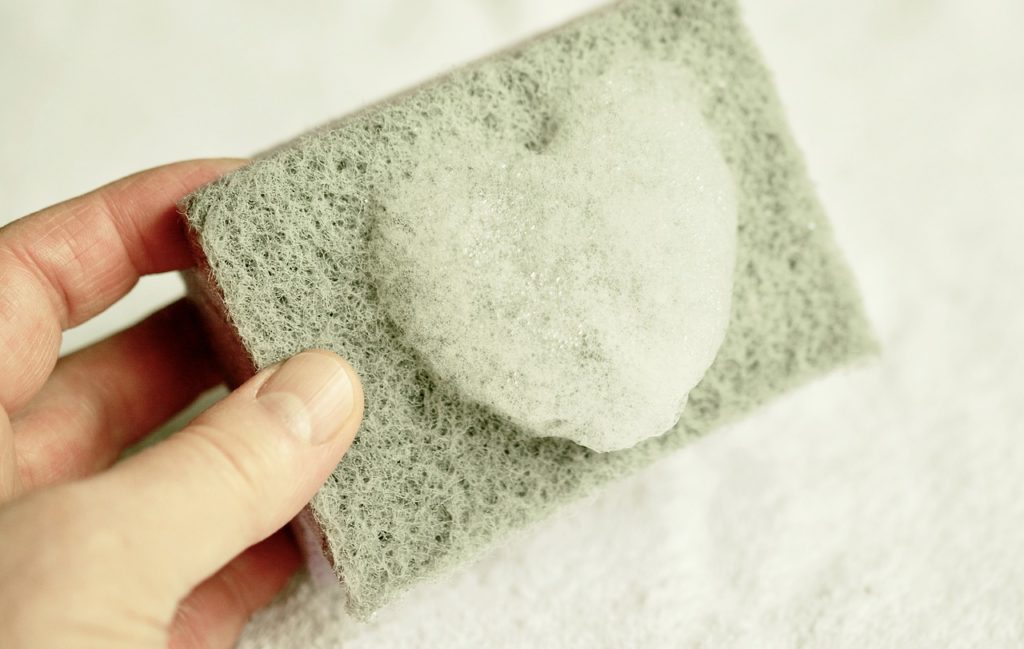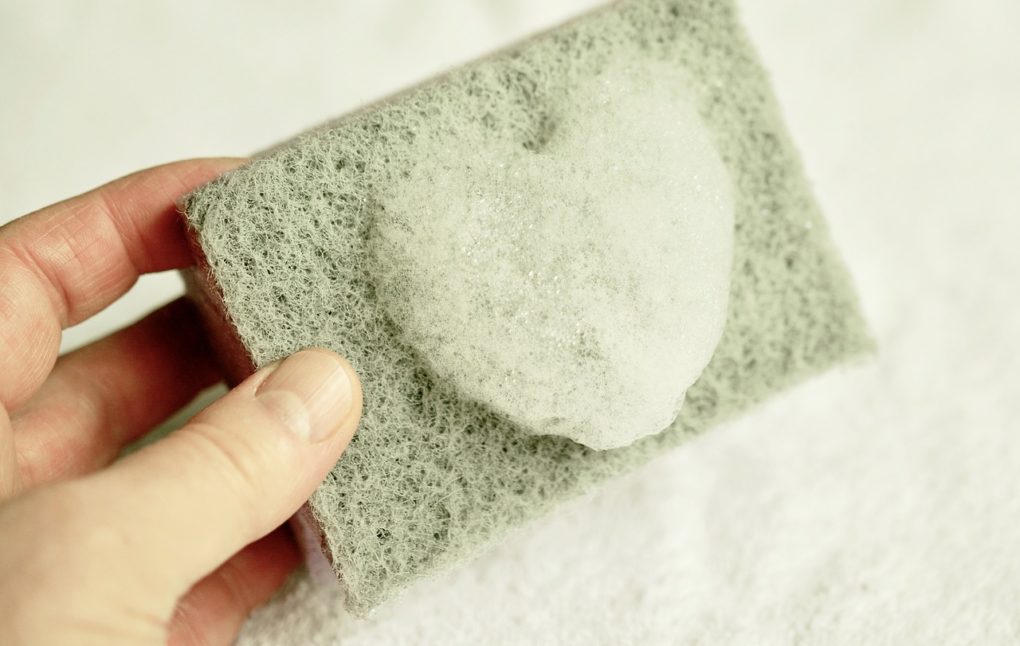Your Kitchen Sponge May Hold Answer To Beating Antibiotic-Resistant Bacteria, Study Finds
 By John Anderer
By John Anderer
NEW YORK — Antibiotic-resistant bacteria is appearing more and more all over the world. This isn’t a trend to be taken lightly; the World Health Organization classifies antibiotic-resistant bacteria as one of the top threats to global health today. Now, a new study finds that the answer to this problem can be found inside that dirty kitchen sponge you forgot to throw out last week.
Students from the New York Institute of Technology have discovered two viruses that combat harmful antibiotic-resistant bacteria, called bacteriophages, living right under their own noses in their kitchen sponges.
The kitchen sponge is an extremely dirty household object. These sponges are typically exposed to numerous microbes, which form into a vast community of bacteria living right beside your kitchen sink. Bacteriophages, or just phages for short, are often found living close by to bacteria. With this in mind, NYIT students decided to test their own kitchen sponges for the presence of these bacteriophages.
Widget not in any sidebars
The students isolated bacteria from their kitchen sponges, and used it as bait to find attacking phages. Sure enough, two students discovered two different phages that infected and attacked their found bacteria.
“Our study illustrates the value in searching any microbial environment that could harbor potentially useful phages,” says Brianna Weiss, a Life Sciences student at NYIT, in a media release.
The two phages were then “swapped” to see if they would also attack the other student’s found bacteria, and both did in fact kill the other strain of bacteria. “This led us to wonder if the bacteria strains were coincidentally the same, even though they came from two different sponges,” explains Weiss.
So, the students analyzed the DNA of each bacteria strain and found that while they both belong to a group of microbes found in feces and responsible for some hospital-related infections, they are not the same.
“These differences are important in understanding the range of bacteria that a phage can infect, which is also key to determining its ability to treat specific antibiotic-resistant infections,” says Weiss. “Continuing our work, we hope to isolate and characterize more phages that can infect bacteria from a variety of microbial ecosystems, where some of these phages might be used to treat antibiotic-resistant bacterial infections.”
This study was presented at the 2019 American Society for Microbiology meeting.
Originally from Long Island, John has been writing professionally for over 7 years. When he isn’t writing about the latest scientific studies, you can find him working on his first horror novel. John splits his time between the United States and Kraków, Poland.
This article was sourced from StudyFinds.org
Subscribe to Natural Blaze for health freedom and natural living headlines to your inbox. Follow Natural Blaze on Twitter and Facebook.
Image credit: Pixabay



